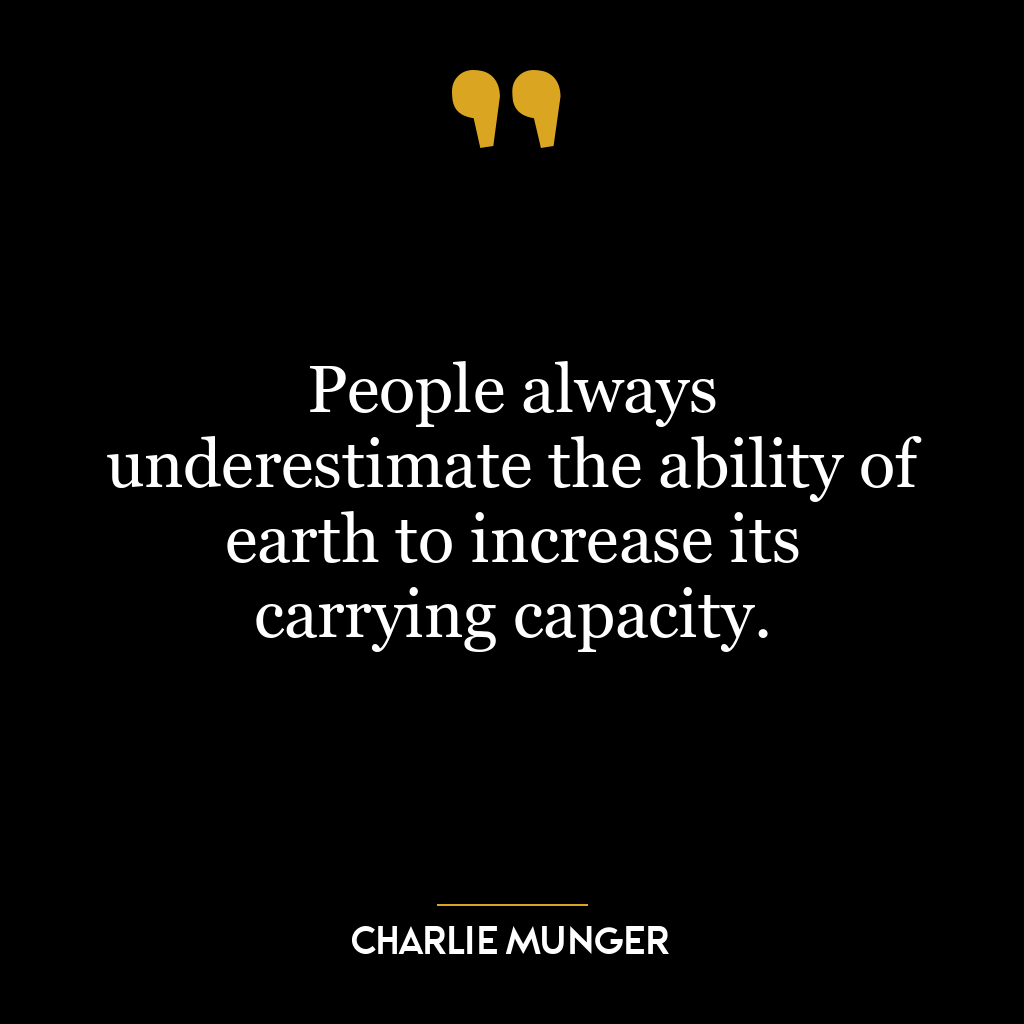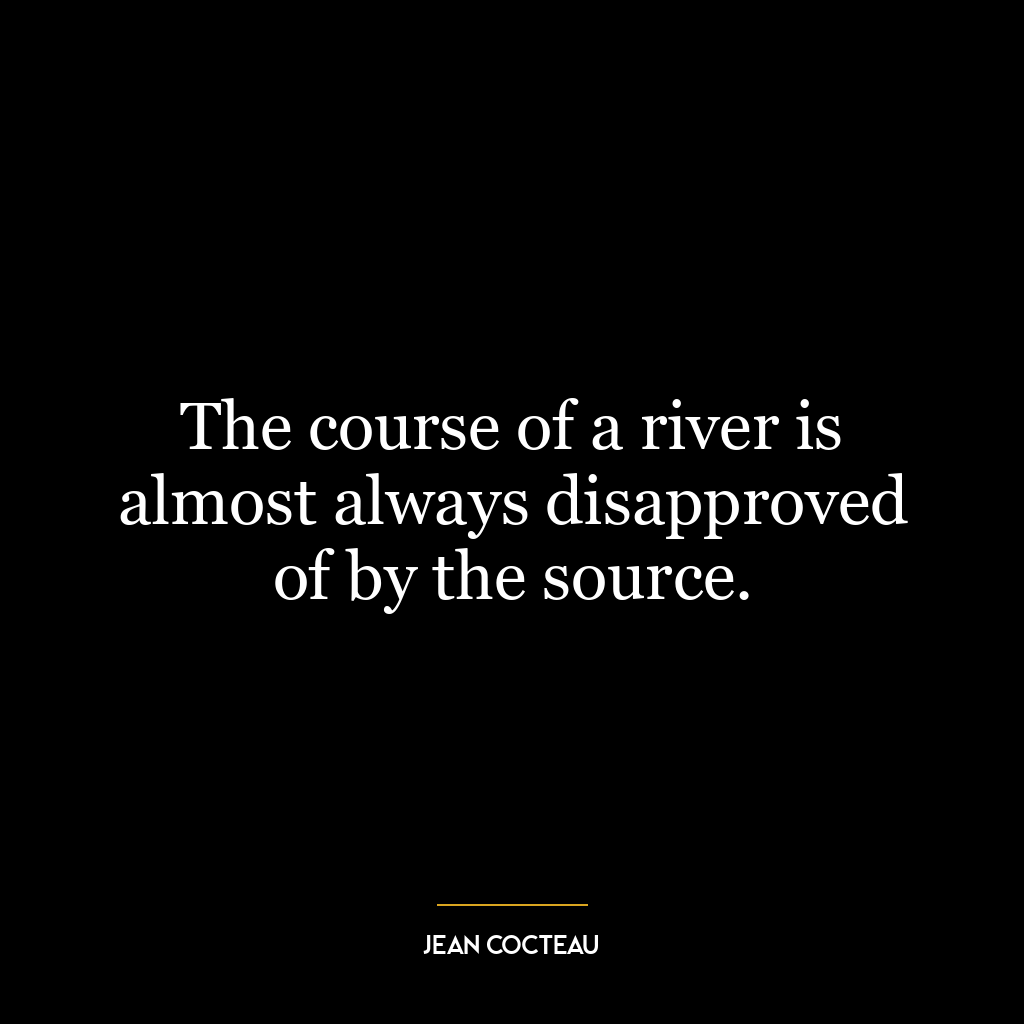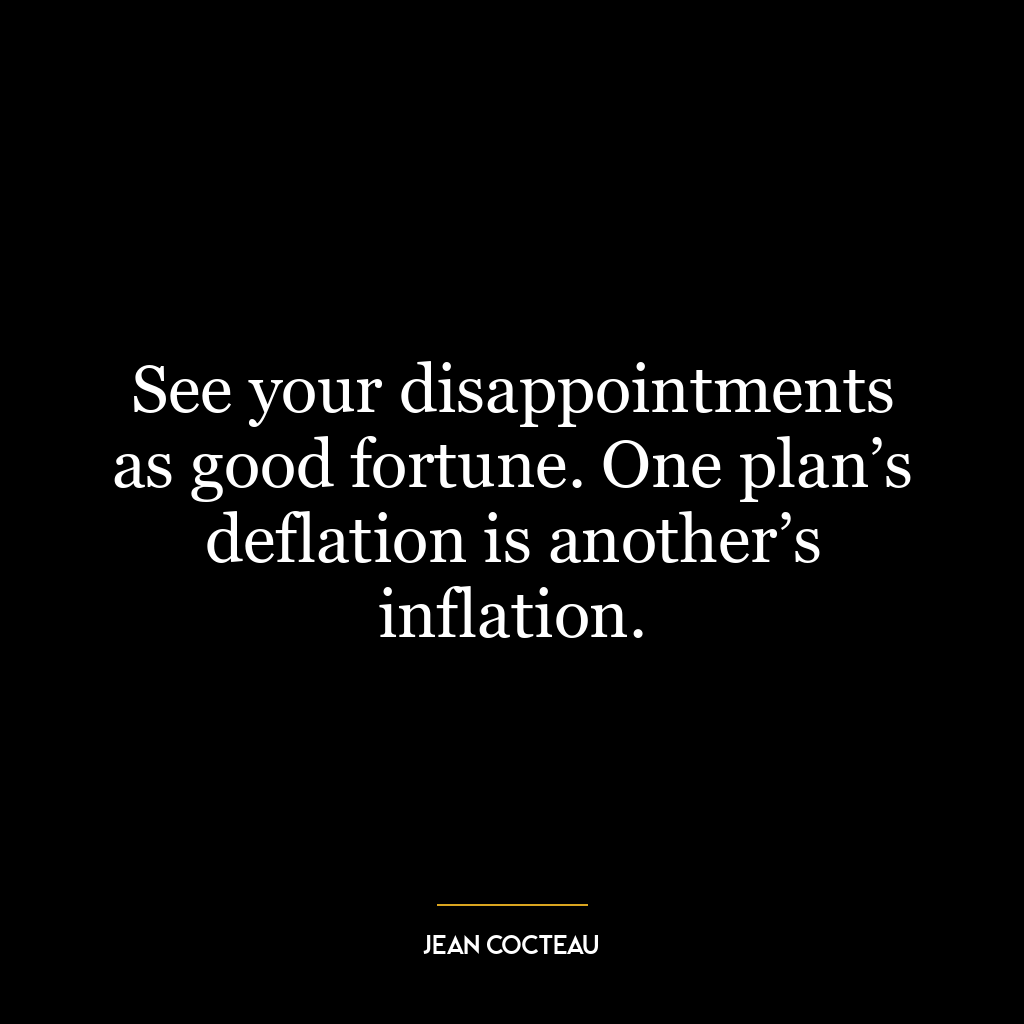God makes the life fertile by disappointments, as he makes the ground fertile by frosts.
This quote suggests that just as frosts, though seemingly destructive, actually enrich the soil and prepare it for new growth, disappointments in life, though painful, can also lead to personal growth and development. The frosts in this metaphor represent the hardships and disappointments we face in life. While frost may initially kill off weaker plants, it also breaks down the soil and makes it more fertile, leading to more robust growth in the future. Similarly, disappointments in life can be painful and challenging, but they can also break down our preconceptions and make us more receptive to new perspectives and opportunities.
The quote implies that God uses these disappointments not to punish us, but to help us grow. It suggests that we should not view disappointments as failures or dead ends, but as opportunities for learning and self-improvement. By facing and overcoming disappointments, we can develop resilience, adaptability, and wisdom.
This idea can be applied in today’s world in numerous ways. For instance, in our personal development, we can view disappointments not as setbacks, but as stepping stones towards growth and self-improvement. When we experience disappointment, instead of dwelling on the negative, we can choose to learn from the experience and use it to make better decisions in the future.
In the context of the modern business world, companies can apply this principle by viewing failures or setbacks as opportunities for learning and improvement, rather than simply as losses. This can foster a culture of innovation and continuous improvement, where employees are encouraged to take risks and learn from their mistakes, rather than being punished for them.
In the broader societal context, this principle can be applied to social and political challenges. Instead of viewing these challenges as insurmountable obstacles, we can see them as opportunities for growth and change. By learning from our disappointments and failures, we can work towards creating a better and more equitable society.








